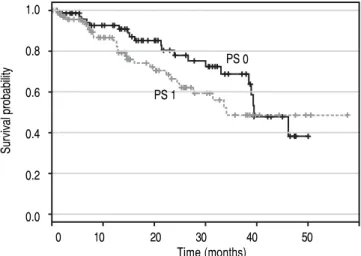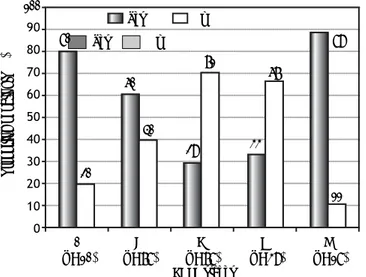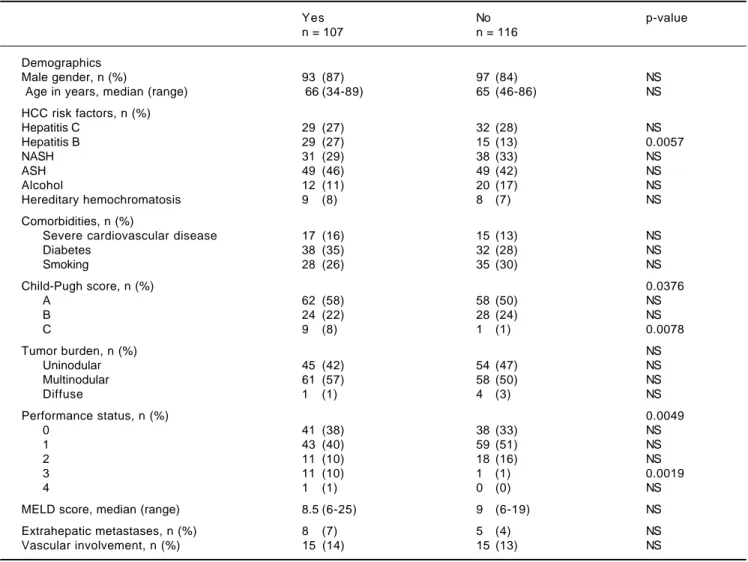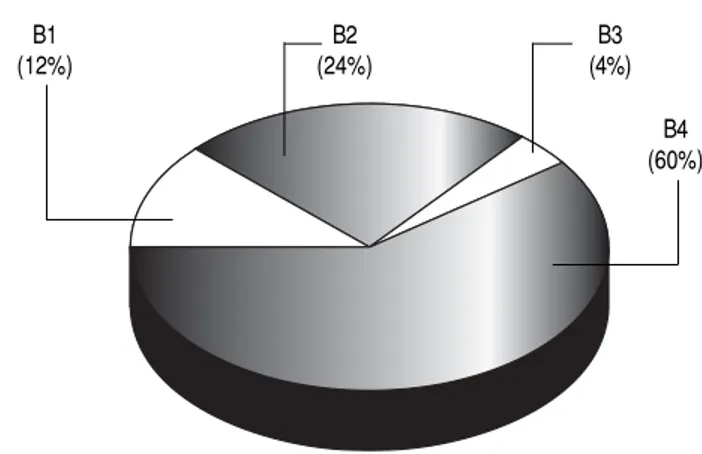Treatment allocation in hepatocellular carcinoma: Assessment of the BCLC algorithm
Texto completo
Figure




Documento similar
As may be expected, seizure freedom rates were higher in conversion to monotherapy patients who had received ≤3 lifetime AEDs prior to lacosamide monotherapy vs those with
Results: Out of 49 single-stage revision THAs, 9 patients (18.4%) had an unexpected positive culture. In addition, when we evalu- ated the comorbidities of the patients, none
Results: Out of 49 single-stage revision THAs, 9 patients (18.4%) had an unexpected positive culture. In addition, when we evalu- ated the comorbidities of the patients, none
Patients with EVD who were cared for in Europe and in the United States received close monitor- ing of hemodynamic status, underwent extensive laboratory investigations, were
While improvements were observed in all four patient groups and in practically all EQ-5D dimensions, after 3 months of follow-up varying proportions of patients still reported
The patients with ADPKD included in the study had worse renal function (worse mean estimated by glomerular filtration rate [eGFR], more in patients with CKD stage 4) and
Core tip: The Milan criteria for liver transplantation have improved survival of patients with small hepatocellular carcinoma (HCC), but up to 20% of patients still experience
The effect of febuxostat to prevent a further reduction in renal function of patients with hyperuricemia who have never had gout and are complicated by chronic kidney disease stage
